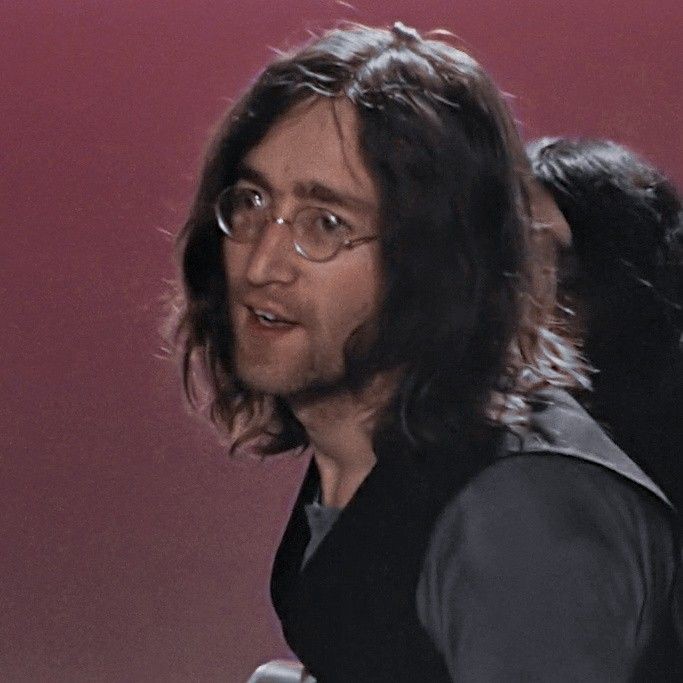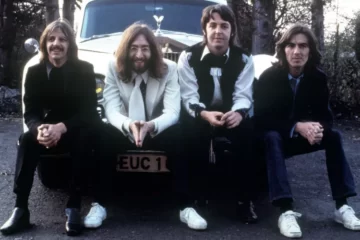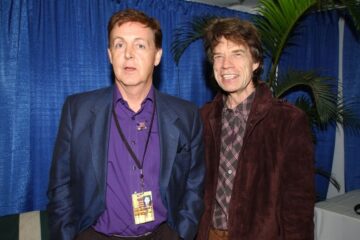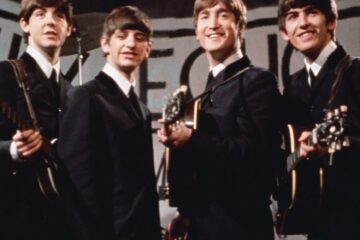The song ‘I Am the Walrus’ probably has the most over-analysed and dissected set of lyrics of any song in the history of popular music. This is ironic, given that their author wrote the material as a rebuttal to every “expert expert” who’d ever tried to read into the lyrics of a Beatles song.
“Don’t you think the joker laughs at you?” John Lennon sneers at his critics. His remarkable composition is one big send-up of literary criticism, intermingling the profound with the absurd in such a way as to make the two indistinguishable
For instance, the “walrus” of the chorus is an allusion to the satirical poem ‘The Walrus and the Carpenter’ by Lewis Carroll – incidentally, another master of surreal humour – which is itself a veiled attack on organised religion. Yet the “Eggman” which immediately precedes it is a lewd reference to the sexual habits of Lennon’s friend Eric Burdon, the lead singer of The Animals, who allegedly liked to crack raw eggs onto the bodies of naked women.
One specific lyric in the song that even the most seasoned experts struggled to interpret at the time of its release was Lennon’s reference to “semolina pilchard”. In fact, the word “pilchard”, in particular, will likely be completely alien to those of us below a certain age, especially when it’s combined with semolina flour.
So, what – or who – is a “pilchard”?
The word “pilchard” is simply another word for a sardine, which has generally fallen out of use in the past 30 years. Semolina pilchards are a common seaside snack imported from Mediterranean countries. The small fish are soaked in oil and rolled in semolina flour before being fried, producing a crispy batter on the outside.
Given Lennon’s other references to childhood wordplay in ‘I Am the Walrus’, such as the playground rhyme “Yellow-matter custard, dripping from a dead dog’s eye”, he seems to have happened upon this term for battered sardines through word association. Semolina pudding was a common dessert for children’s school dinners in post-war Britain since it was cheap, hardy and easy to make.
“Pilchard” came into his head from another source. One Norman Pilcher, a detective for the British police who made it his special mission to bust various rock stars for drug possession in the mid-1960s. In January 1967, he managed to arrest Keith Richards and Mick Jagger of the Rolling Stones.
Brian Jones was next on his list, and then Lennon himself was apprehended. But to no avail – he was released without charges. Lennon’s inclusion of the word “pilchard” in his song, even if it ostensibly has another meaning, is a play on Pilcher’s surname. The Beatle is mocking the police officer who tried to catch him white-harded, but failed.
Pilcher did finally get his man the following year when Lennon pleaded guilty to cannabis possession at London’s Marylebone Magistrates Court in November 1968. George Harrison and his wife were convicted of the same crime in March 1969.
The actions of Pilcher forced Lennon into a four-year battle with the United States government after they denied him a green card because of his drug conviction. But the Beatle had the last laugh, as he eventually got his residence permit, while Pilcher himself was convicted of perjury and sentenced to four years in prison in 1973.
He was stripped of his police badge, and his public reputation was destroyed. And no, he never climbed up the Eiffel Tower.



